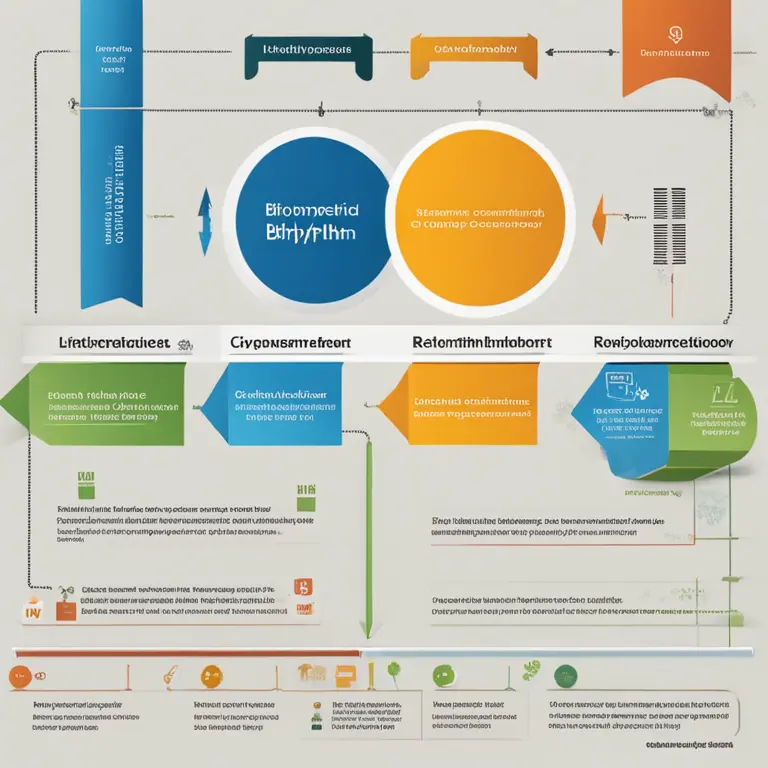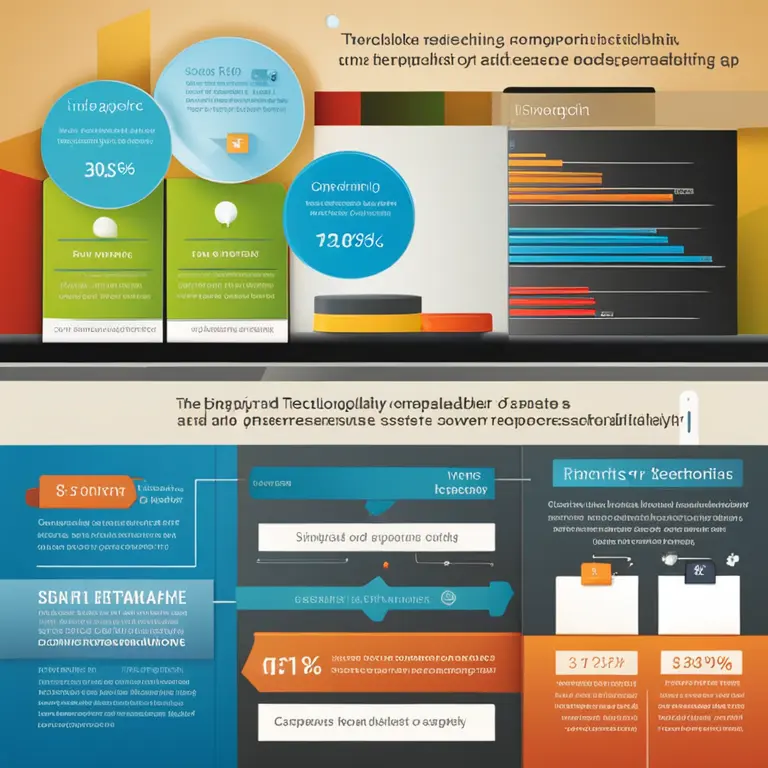
The Accuracy of Biorhythm Compatibility: A Look at the Facts
Dive into the science of biorhythm compatibility to discover its level of accuracy and its role in personal relationships.
article by Adrian Wallace
The Basis of Biorhythm Theory
With roots stretching back to the 19th century, biorhythm theory suggests that our daily lives are influenced by three primary cycles: physical, emotional, and intellectual. Each cycle has a distinct period: 23 days for the physical cycle, 28 days for the emotional cycle, and 33 days for the intellectual cycle. Advocates believe that understanding and analyzing these cycles can help anticipate and influence elements of an individual's life, including compatibility with others. But what does the contemporary evidence suggest about the accuracy of biorhythm compatibility?

Biorhythm Compatibility in Relationships
The romantic lure of biorhythms often hinges on the promise of improved relationships. Compatibility assessments claim to predict the potential success of interpersonal dynamics by aligning individual cycles. The thought is that if two people are in a similar phase — perhaps both in a positive swing of their emotional cycles — they would sync up better. However, critics argue that human relationships are exceptionally complex and cannot be narrowed down to simple cyclical patterns.

Scientific Scrutiny and Studies
Scientific studies have attempted to validate the claims of biorhythm theory, mostly during the latter half of the 20th century. As we step into 2024 and beyond, the scientific consensus remains largely unchanged: There is limited empirical evidence to support biorhythm theory. The majority of studies find no significant correlation between biorhythm cycles and actual life events or personal compatibility, leading many in the scientific community to regard biorhythm compatibility as pseudoscience.

Current Technological Advances
In a digital age where artificial intelligence and algorithms reign, there is an increased demand for technology-assisted decision-making, including in personal relationships. Biorhythm compatibility apps and software capitalize on this trend by offering users personalized forecasts based on their birth data. Nevertheless, the accuracy of such technological tools is still reliant on the fundamental validity of biorhythm theory, which remains a subject of debate.

Practical Application and Personal Belief
For some, the appeal of biorhythms lies in their experiential value rather than their scientific validity. Users might find that tracking their biorhythms brings a sense of control or awareness to their lives. While the accuracy of biorhythm compatibility from a scientific standpoint is questionable, some individuals may benefit from the structure and reflection that such practices encourage, using them as tools for personal growth and introspection rather than deterministic forecasts.
Conclusion: A Balanced Viewpoint
The search for reliable methods to gauge compatibility is ongoing. Biorhythm compatibility, with its cyclical approach to human relationships, offers a unique perspective yet lacks robust scientific endorsement. In an era that values evidence-based conclusions, it's essential to approach biorhythm compatibility with a critical mind, recognizing its potential psychological benefits while understanding its scientific limitations.
Published: 1/25/2024
Modified: 1/25/2024
More predictions
Come back here soon to learn more about yourself and your future


The Basis of Biorhythms: An Insight into Biological Cycles
Delve into the concept of biorhythms, the belief in rhythmic biological processes that purportedly influence human physiology and behavior.


Your Biorhythm Horoscope Handbook
Discover the intriguing intersection of biorhythms and astrology. Learn how tracking your biological cycles can provide insights into your physical, emotional, and intellectual well-being.


The Human Biorhythm Cycle: Patterns of Life's Ebb & Flow
Delve into the human biorhythm cycle, a compelling concept in the holistic understanding of our physiological and emotional patterns over time.